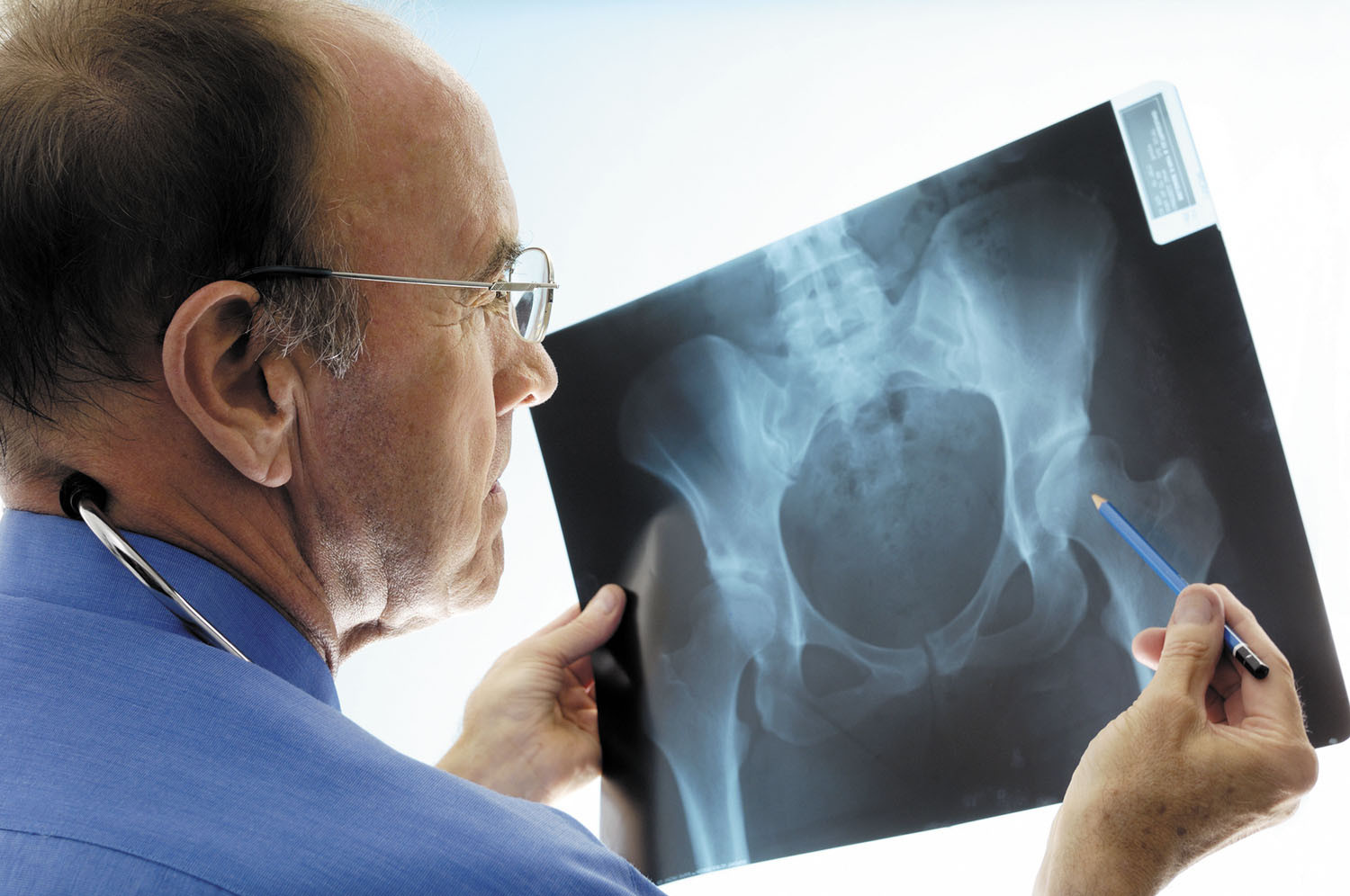
Counting steps is good — is combining steps and heart rate better?

Appendix pain: Could it be appendicitis?

Can saw palmetto treat an enlarged prostate?

How does Ozempic work? Understanding GLP-1s for diabetes, weight loss, and beyond

Zinc: What it does for the body, and the best food sources

Respiratory health harms often follow flooding: Taking these steps can help

Tips to leverage neuroplasticity to maintain cognitive fitness as you age

Can white noise really help you sleep better?

Celiac disease: Exploring four myths

What is prostatitis and how is it treated?
Staying Healthy Archive
Articles
Harvard researchers say healthy habits may add years to your life
News briefs
Image: © filadendron/Getty Images
What's the secret to living longer? A Harvard study published online April 30, 2018, by Circulation suggests that it may come down to five healthy habits: eating a healthy diet, exercising daily, keeping a healthy body weight, drinking alcohol only in moderation, and not smoking. Researchers combed through information from two large studies that tracked more than 123,000 men and women for about three decades. Scientists estimated that life expectancy for study participants (at age 50) was 79 for women and 75 for men, if they didn't maintain healthy habits. But if they adopted all five habits, life expectancy at age 50 jumped to 93 for women and 87 for men. And following even one healthy habit was associated with a lower risk for dying young. The study is only observational and doesn't prove that healthy habits extend your life. But the findings build on similar research. "It's never too late to make positive lifestyle changes. Even for those who are 70 or older, following a healthy lifestyle such as eating a healthy diet and being physically active can add more years to life," says Dr. Frank Hu, senior author of the study and chair of the Department of Nutrition at the Harvard T.H. Chan School of Public Health.
Getting your five a day
Eating five servings of fruits and vegetables can go a long way to protecting against heart disease and cancer.
Image: © Mypurgatoryyears/Getty Images
We've been told the importance of eating fruits and vegetables ever since childhood, and yet we still tend to ignore this nutritional advice. In fact, a CDC survey found that only 18% of adults eat the recommended five daily servings of fruits and vegetables.
"The main reason older men have trouble reaching this amount is lack of awareness," says Vasanti Malik, a research scientist in the Department of Nutrition of Harvard's T.H. Chan School of Public Health. "They are not always engaged in their nutrition or aware of the impact fruits and vegetables can have on their health."
Do I ever need a stress test?
On call
Q. I am 65 years old and in good health, and I see my doctor once a year for an annual exam. Should I request a stress test at my next physical?
A. Although heart disease is common in men, routine cardiac stress testing is not recommended for otherwise healthy men. It may seem counterintuitive not to look for heart disease in healthy men, especially when many people know someone who unexpectedly had a heart attack or even died suddenly from a heart problem. Yet, stress testing does not accurately identify men at risk for sudden cardiac death.
What kind of sun protection is best for babies, pregnant women, and breastfeeding women?
Ask the doctors
Q. Should pregnant or breastfeeding women and their children use sunscreen?
A. The American Academy of Dermatology recommends that people avoid applying sunscreen to the skin of babies younger than 6 months of age, and instead shield them from the sun, keeping them in the shade as much as possible. It's also a good idea to protect them from the sun using clothing, hats, and sunglasses.
Prevent injuries by avoiding some common culprits
Simple everyday objects can result in cuts, bruises, and broken bones.
Image: © fotokostic/Getty Images
Everyday objects from pet supplies to kitchen appliances may seem innocuous, but they can cause injuries, including bone breaks, cuts, and burns. Doctors who treat these injuries often see some common themes. We asked Dr. Tamara Rozental, an associate professor of orthopedic surgery at Harvard Medical School, about what injuries she frequently sees from common items — and ways to stay safe.
Dog leashes
"I see many injuries from dog leashes. People often get tangled and pulled over," Dr. Rozental says. In other instances, fingers get bent, broken, or crushed when people get their hand stuck in the leash and the dog pulls.
Sunscreen in a pill?
Research we're watching
The FDA is warning consumers not to buy in to the idea that a pill can protect your skin from the sun.
In a statement issued May 22, FDA officials said they've found companies selling pills that are labeled as dietary supplements and that claim to protect skin from the sun.
Want more energy? Here’s what really helps
Do you sometimes feel like the Energizer Bunny with a weak battery? You start out strong, but by midafternoon you're starting to flag.
We all get tired from time to time, but fatigue tends to become more common as we get older. Assuming your doctor has ruled out medical causes for persistent fatigue, there are a few basic steps you can take to feel more energetic day to day.
An insider's guide to a hospital stay
No one wants to be have to go to a hospital, but there are times when it's unavoidable. Having some advance knowledge about the hospital experience may help you feel more comfortable in the event you or someone you know has to go to the ER or be admitted.
How to sneak in more daily exercise
Moving throughout the day offers big benefits for your long-term health.
Image: © Paul Bradbury/Getty Images
There's an old saying: "If you want to stay moving, you have to get moving." But for a lot of us, that's easier said than done.
The Department of Health and Human Services (HHS) says we've become a nation of sitters, and our increasingly sedentary lifestyle has become America's primary health crisis, especially for older adults.
Should I get a bone density test?
On call
Image: © Fertnig/Getty Images
Q. I'm 65 years old and have never had any bone health issues. Should I get a bone density test?
A. Bone density testing is a specialized x-ray technique used to diagnose osteoporosis (thin bones), a condition that increases the lifetime risk of fracture by six times in men.

Counting steps is good — is combining steps and heart rate better?

Appendix pain: Could it be appendicitis?

Can saw palmetto treat an enlarged prostate?

How does Ozempic work? Understanding GLP-1s for diabetes, weight loss, and beyond

Zinc: What it does for the body, and the best food sources

Respiratory health harms often follow flooding: Taking these steps can help

Tips to leverage neuroplasticity to maintain cognitive fitness as you age

Can white noise really help you sleep better?

Celiac disease: Exploring four myths

What is prostatitis and how is it treated?
Free Healthbeat Signup
Get the latest in health news delivered to your inbox!
Sign Up











